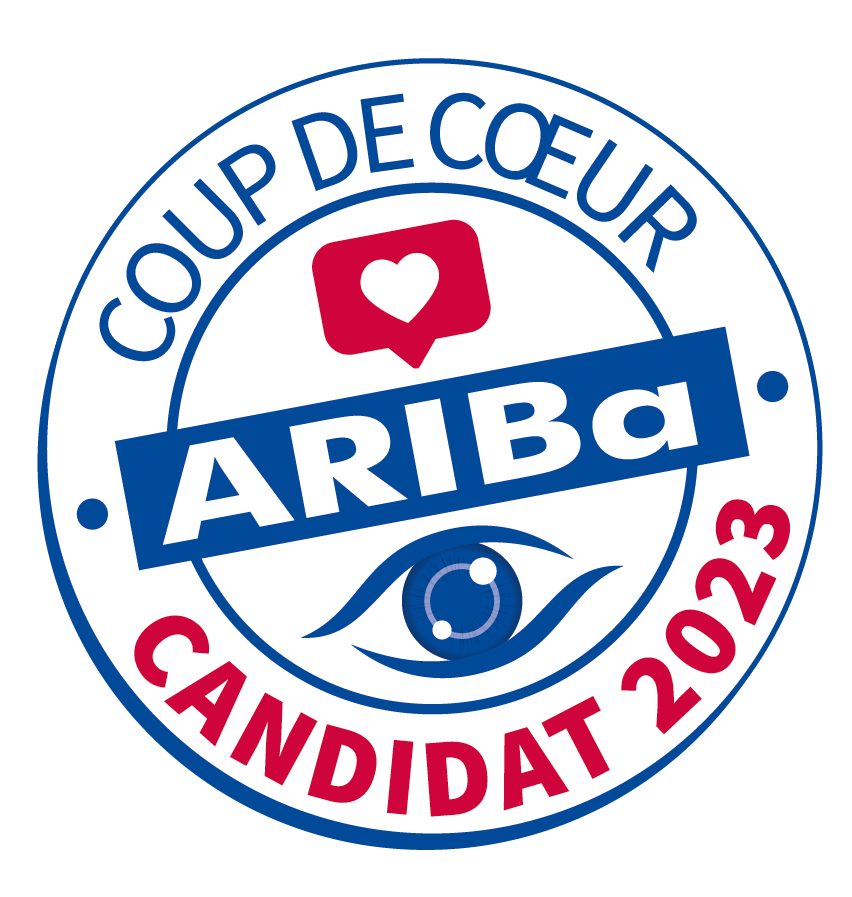ABOUT ARTHA FRANCE
In collaboration with major associations and institutions: Artha invents a product for the visually impaired and blind designed for them with them.
This device offers autonomy to visually impaired people, giving them the means to develop a completely new perception of their environment. It consists of a mini-camera, clipped onto glasses, which communicates the person's 3D environment in haptic language. It is connected to a lumbar belt that tactilely reproduces these images on the back thanks to a built-in algorithm.



















